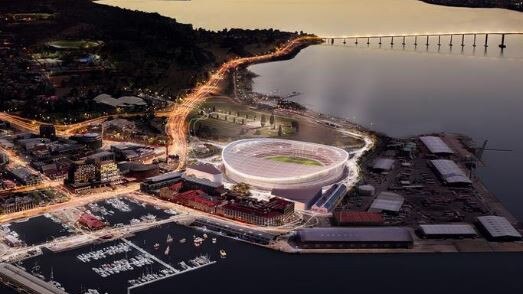
Behind it lies a combination of real grievances and good old political self-interest.
The grievances are many but essentially that Premier Jeremy “Rocky” Rockliff – for all his oft-derided mild manners – is prone to captain’s calls.
State and federal colleagues say he listens too little to colleagues who hold alternative views - and too much to a few staff who wield too much power.
Detractors see the $715m-plus stadium as emblematic of this weakness. Despite his farming background in the conservative rural northwest, Rocky is a moderate pursuing a progressive agenda – voice, treaty, transgender rights – that many in his party do not support. In Lara Alexander and John Tucker – the defectors – the fault lines of dissent met.
Rocky has prided himself on being willing to make tough, unpopular decisions. When the AFL said “No stadium, no team”, Rocky made the stadium happen, against the wishes of some colleagues and much of the electorate.
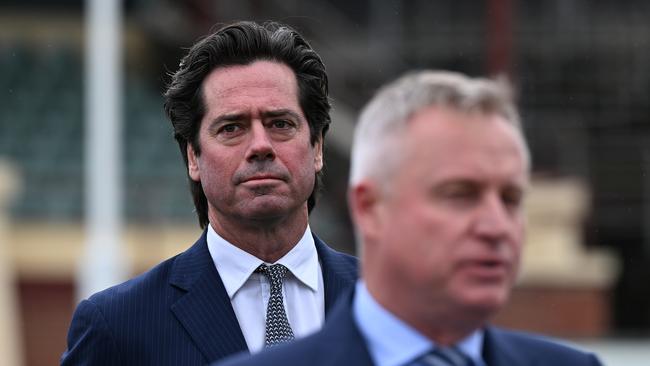
His problem is Tasmania is already deep in the red, facing falling GST revenues, amid shocking crises in health, housing and cost of living. Many voters oppose the stadium spend for these reasons; others do so on parochial grounds (it’s not in Launceston or Burnie).
That’s where the self-interest comes in.
For Alexander in northern Bass and Tucker in rural Lyons, there may be more votes in bagging the stadium than backing it.
The rebels appear to have decided they stand a better chance as independents. With Rockliff’s agenda and his government’s existence now swinging in the breeze of a hung parliament, we may soon find out.
If Deputy Premier Michael Ferguson is to be believed, the defections are not part of a leadership push. Yet.
But it’s only the first quarter in a very rough game.


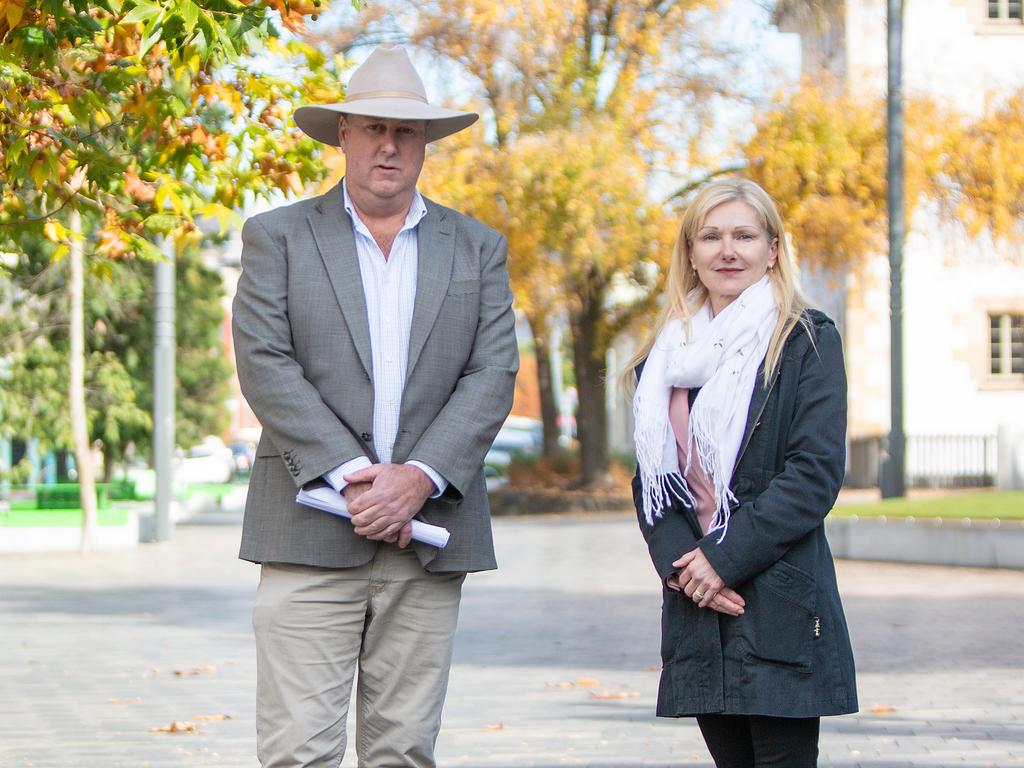



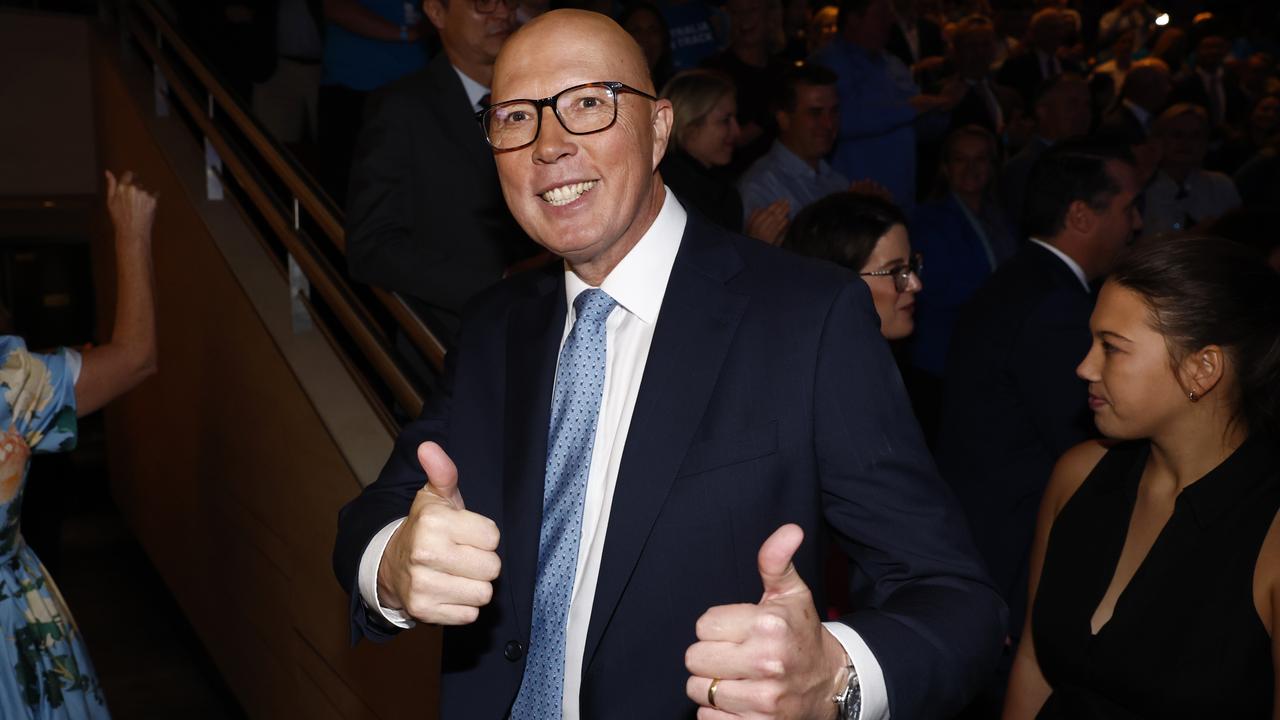
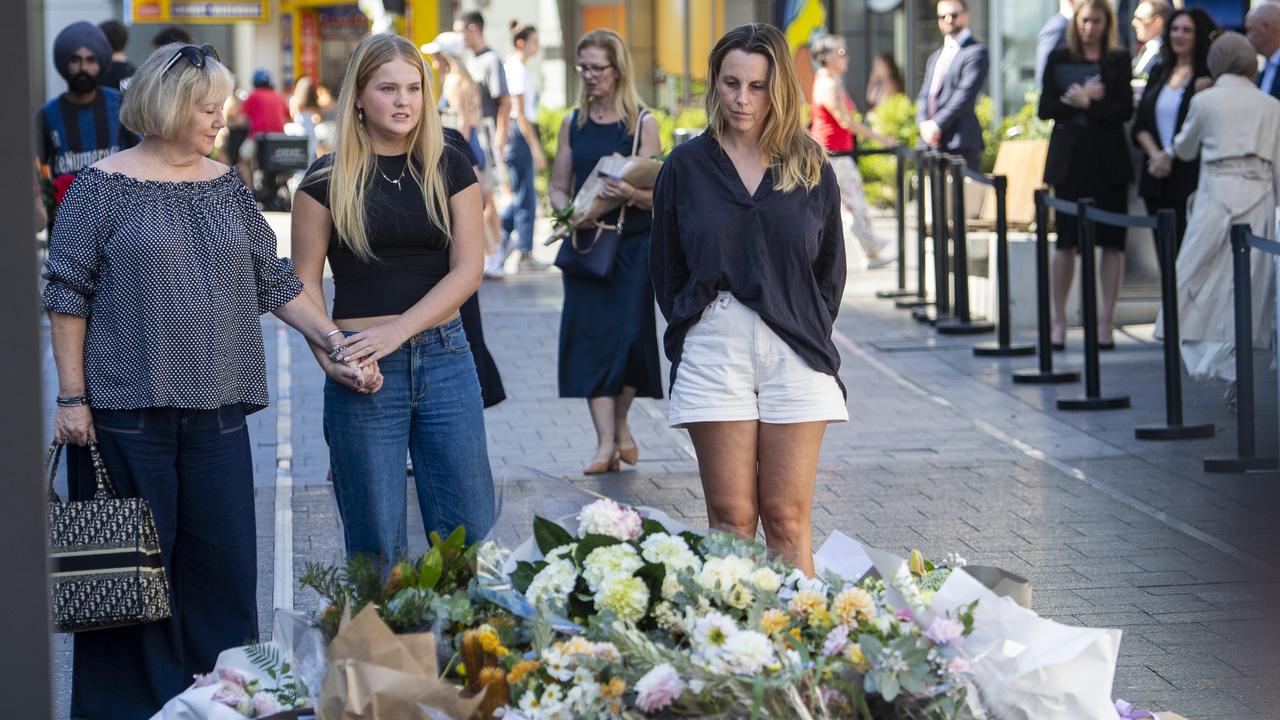
The Tasmanian Liberal Party revolt could sink not only Hobart’s AFL stadium but the nation’s last Liberal government.